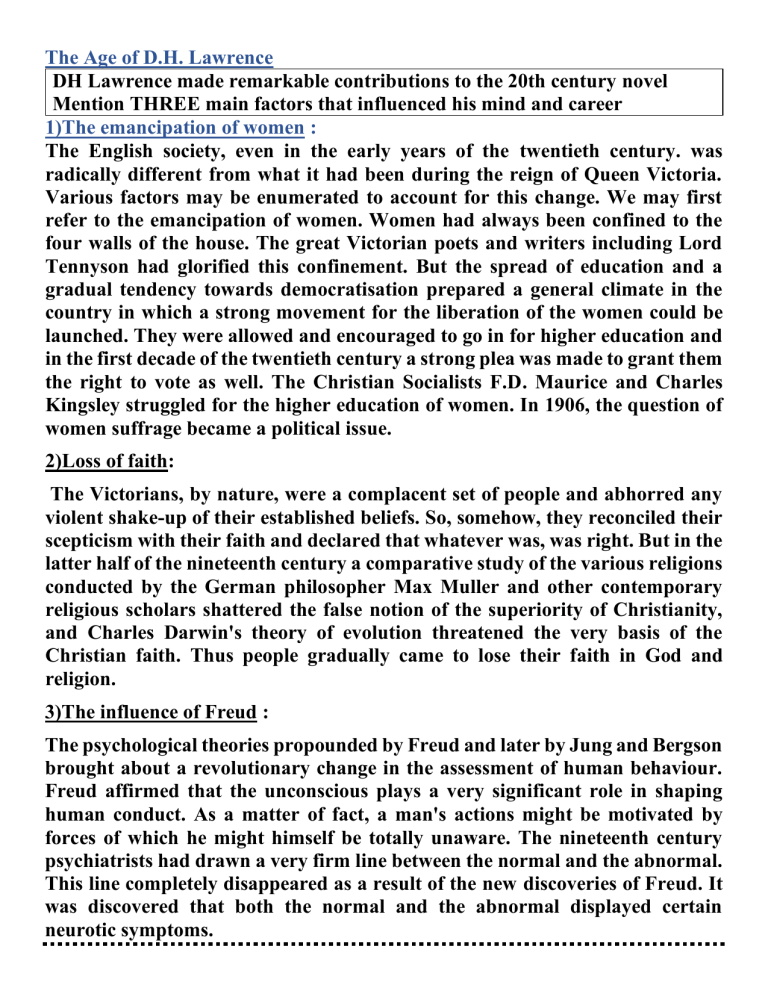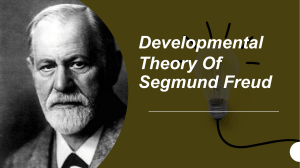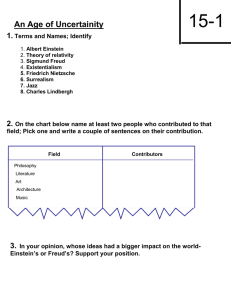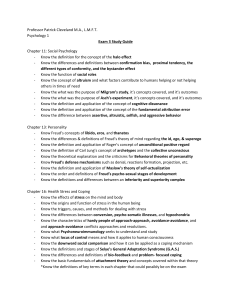
The Age of D.H. Lawrence DH Lawrence made remarkable contributions to the 20th century novel Mention THREE main factors that influenced his mind and career 1)The emancipation of women : The English society, even in the early years of the twentieth century. was radically different from what it had been during the reign of Queen Victoria. Various factors may be enumerated to account for this change. We may first refer to the emancipation of women. Women had always been confined to the four walls of the house. The great Victorian poets and writers including Lord Tennyson had glorified this confinement. But the spread of education and a gradual tendency towards democratisation prepared a general climate in the country in which a strong movement for the liberation of the women could be launched. They were allowed and encouraged to go in for higher education and in the first decade of the twentieth century a strong plea was made to grant them the right to vote as well. The Christian Socialists F.D. Maurice and Charles Kingsley struggled for the higher education of women. In 1906, the question of women suffrage became a political issue. 2)Loss of faith: The Victorians, by nature, were a complacent set of people and abhorred any violent shake-up of their established beliefs. So, somehow, they reconciled their scepticism with their faith and declared that whatever was, was right. But in the latter half of the nineteenth century a comparative study of the various religions conducted by the German philosopher Max Muller and other contemporary religious scholars shattered the false notion of the superiority of Christianity, and Charles Darwin's theory of evolution threatened the very basis of the Christian faith. Thus people gradually came to lose their faith in God and religion. 3)The influence of Freud : The psychological theories propounded by Freud and later by Jung and Bergson brought about a revolutionary change in the assessment of human behaviour. Freud affirmed that the unconscious plays a very significant role in shaping human conduct. As a matter of fact, a man's actions might be motivated by forces of which he might himself be totally unaware. The nineteenth century psychiatrists had drawn a very firm line between the normal and the abnormal. This line completely disappeared as a result of the new discoveries of Freud. It was discovered that both the normal and the abnormal displayed certain neurotic symptoms. Economic and social changes : In the Victorian age, England had been gradually changing from an agricultural country into an industrial one. Small feeder industries rapidly grew around a big factory till we got an industrial complex. The last decade of the nineteenth century saw the almost final breakdown of the agricultural way of life and economy. But the process of Industrialisation and urbanisation had some problems.The towns suffered from over-crowding. The atmosphere there was usually polluted .A large number of people lived in slums in almost inhuman conditions. Their children were mostly uncared for.



